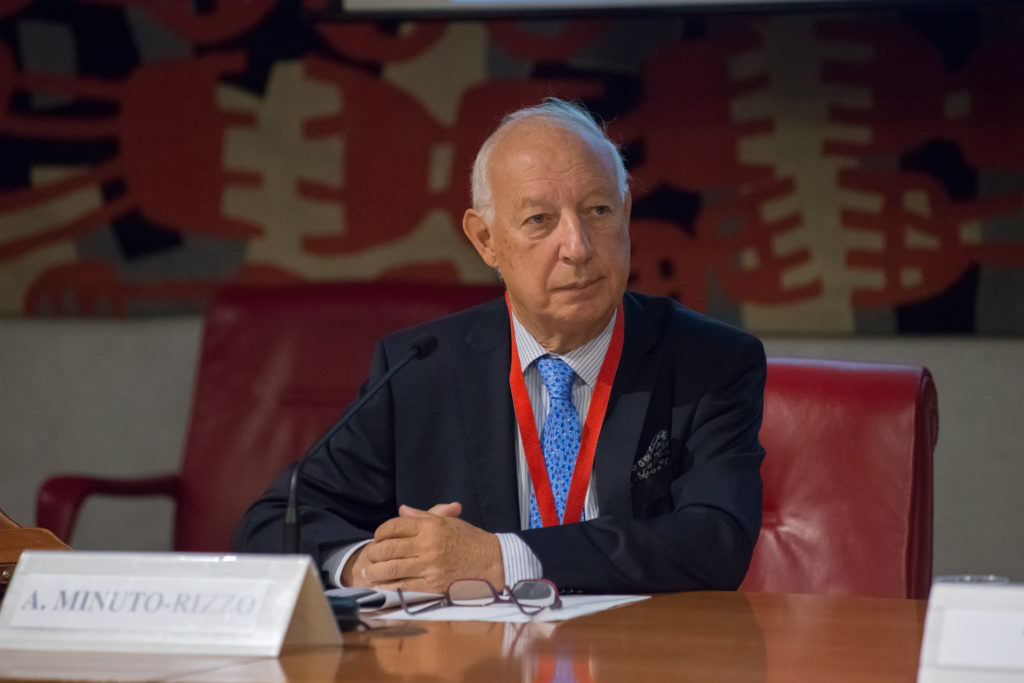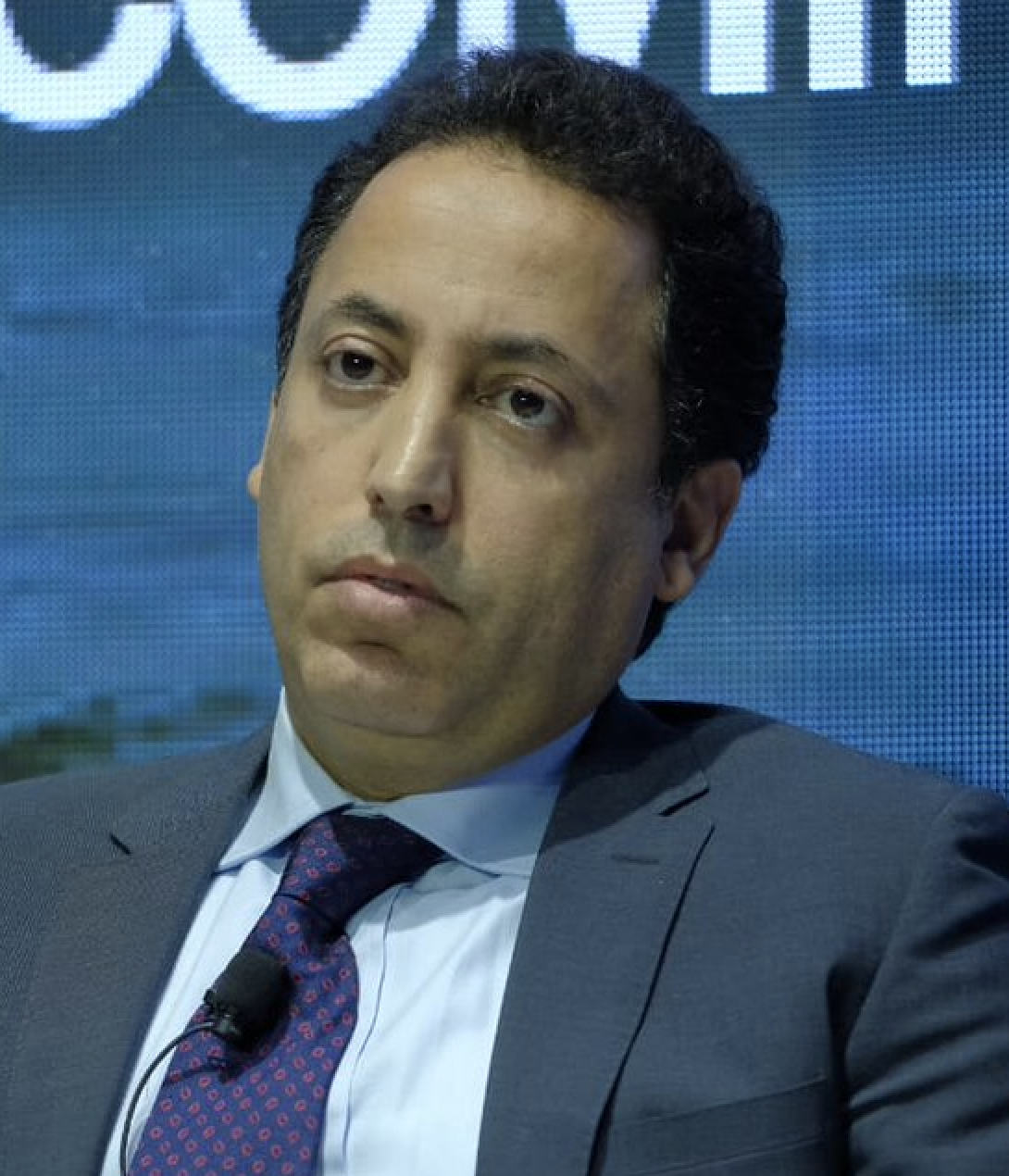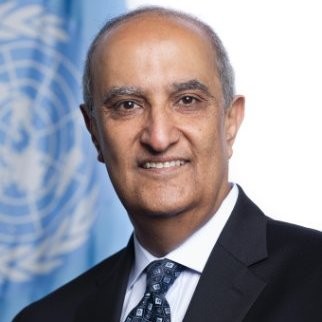Events
Arab Geopolitics 2020: The Middle East, what kind of future?
Live broadcast
Today, the Arab region is undergoing another cycle of wars, after four Arab-Israeli conflicts, three Israeli-Lebanese wars, three Gulf wars, the creation of a self-styled “caliphate”, eight Arab revolutions, while two low-intensity and three high-intensity civil wars are still ongoing.
In the past three years, the struggle around Syria, Iraq, Yemen and Libya has polarised the area, seemingly around religious oppositions, but the reality shows competing regional clusters in the arena of destabilised countries and against a possible rising Iranian power.
On the backdrop of this regional competition major powers, among which Russia and China, are opportunistically exploiting the enduring turmoil to recover or expand their influence spheres, with indirect impact on energy security of supply.
The great loser in this power struggle is civil society; the same civil society that made its powerful voice and claim for change heard in 2011. War struck societies are mostly engaged in survival, but in some countries vigorous protests are staged that relay the same quest for concrete reforms.
Within this perspective, the NATO Defense College Foundation is organizing an international conference entitled “Arab Geopolitics 2020: what kind of future for the Middle East?” in collaboration with the Policy Center for the New South and the NATO Defense College on July 27th 2020 in Rome, Italy.
The structure of the conference will be articulated in two panels. The first panel will explore the evolving geopolitics and politics of the region, like the role of Iran in the Gulf power competition, the future of the Iran-Russia-Turkey triangle, the alternatives for Saudi Arabia regarding an exit strategy from the war in Yemen and for reshaping its hegemony in the Gulf Cooperation Council and the outcomes of the reconstruction in Iraq and Syria.
The second will be a panel on regional social development. The main themes considered will be: the future of authoritarian states, the restructuring of the social contract with diminishing oil revenues, the evolution of the women’s role and rights and how to re-involve in social participation a disenfranchised youth.
The conference will be held at the Sala delle Belle Arti, Rome Cavalieri, A Waldorf Astoria Hotel, Via Alberto Cadlolo, 101 - 00136 Rome. It will also be live streamed on our YouTube channel as well as on our Facebook page.
|
AGENDA |
|
|
13:00-13:30 |
Arrival of participants - Registration |
|
13:30 |
Welcome remarks Alessandro Minuto-Rizzo, President, NATO Defense College Foundation, Rome * James Huber, Military Assistant to the Dean, NATO Defense College, Rome Karim El Aynaoui, President, Policy Center for the New South, Rabat (Virtual) * |
|
13:45-14:00 |
Opening remarks Gilles Kepel, Scientific Director, Middle East Mediterranean Freethinking Platform, Università della Svizzera italiana, Lugano * |
|
14:00-15:15 |
Session I: An Unsettled Middle East Chair: Claire Spencer, Visiting Senior Research Fellow, King’s College, London Speakers: Giovanni Romani, Head, Middle East and North Africa Section, Political Affairs and Security Policy Division, NATO HQ, Brussels (Virtual) * Youssef Cherif, Deputy Director, Columbia Global Centers, Tunis * Youness Abouyoub, Director, Governance and State-Building Division for the MENA Region, United Nations, New York (Virtual) * Mitchell Belfer, President, Euro-Gulf Information * Q&A session |
|
15:15-15:45 |
Coffee/Tea break |
|
15:45-16:00 |
Special intervention Maged Abdelaziz, Permanent Observer to the UN, Arab League, New York (Virtual) * |
|
13:30-14:45 |
Session II: The Civil Society, An Open Issue Chair: Maurizio Caprara, Foreign Affairs Commentator, Corriere della Sera * Speakers: Robert Watkins, Assistant Director; Head of the Middle East and North Africa Division, DCAF – Geneva Centre for Security Sector Governance, Geneva * Brahim Oumansour, Associate Fellow, Center for Studies and Research on the Arab and Mediterranean World, Geneva; and Associate Research Fellow, Institute for International and Strategic Affairs, Paris * Sofia Barbarani, Freelance Journalist * Mohammed Loulichki, Senior Fellow, Policy Center for the New South, Rabat (Virtual) * Q&A session |
|
17:15-17:30 |
Closing remarks |















